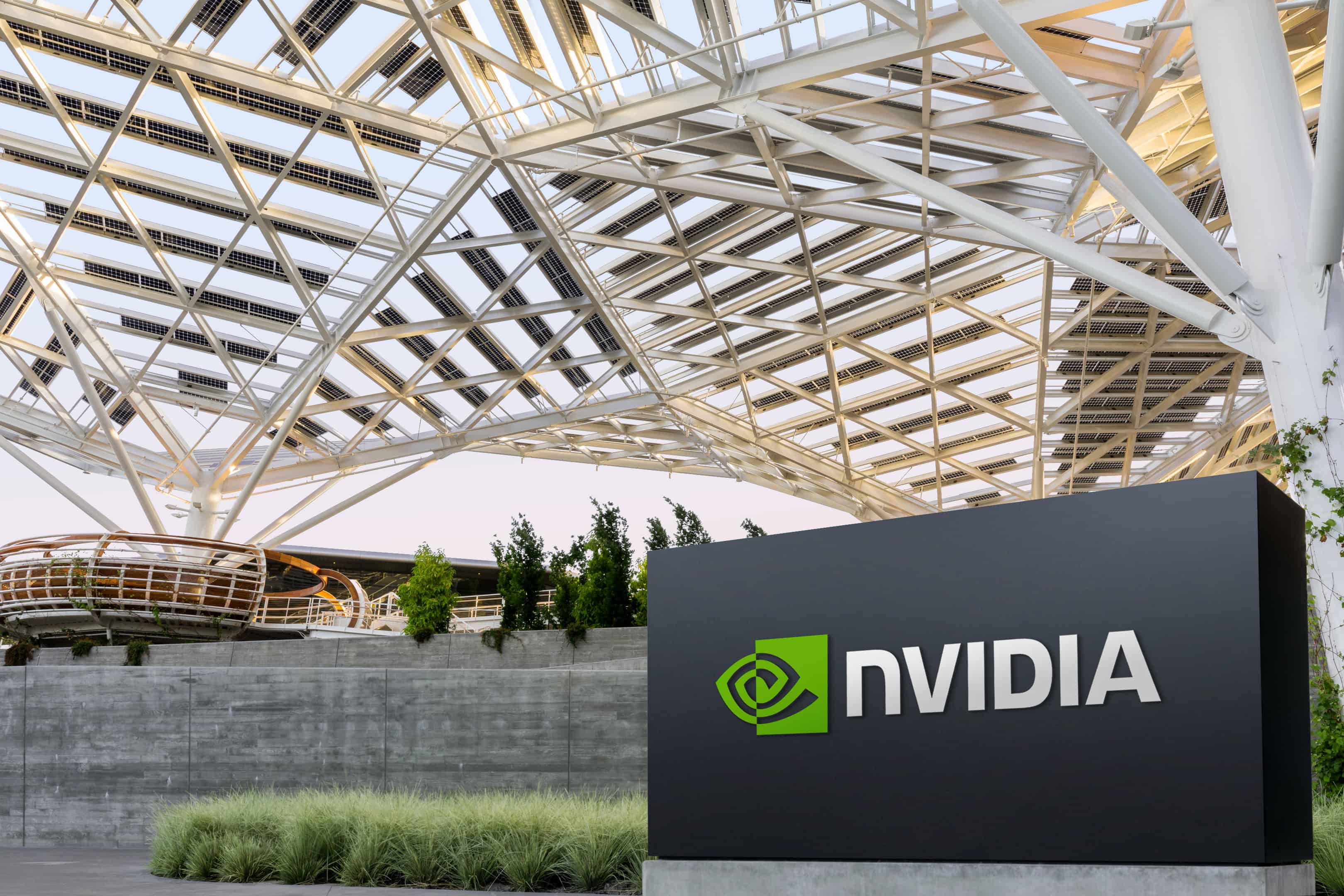
The open-source AI boom, driven by tech giants like Google, Meta, and Microsoft, is under threat as these companies reconsider their commitment to open development. In a leaked memo from Luke Sernau, a senior engineer at Google, he reveals that the open-source free-for-all jeopardizes Big Tech’s AI dominance. While open-source AI models fuel innovation, their existence relies on big firms with substantial resources. Models like LLaMA, released by Meta AI, and BERT from Google, form the basis for many open-source projects. Now the attitude towards open development is changing. OpenAI has already reversed its open policy due to competition fears, and Meta might follow suit. This could result in the next generation of AI breakthroughs being controlled by the wealthiest AI labs, putting the open-source AI community at risk.
The rise of open-source AI
In recent years, open-source AI has flourished, with tech giants like Microsoft, Google, Facebook, and Amazon contributing to its growth. These companies have shared their AI technologies, such as Amazon’s Alexa, Google’s TensorFlow, and Microsoft’s Computation Network Tool Kit. Open-source AI enables more scrutiny, troubleshooting, and bug-fixing, which is essential for AI systems that learn, adapt, and make decisions. Furthermore, it encourages innovation, allowing successful entrepreneurs to be easily integrated into the larger parent company.
Organizations like EleutherAI have also benefited from the open-source approach. EleutherAI relies on OpenAI’s openness to reverse-engineer GPT-3 and create their own models. The availability of open-source AI models has allowed millions of people to access, develop, and experiment with these technologies, driving creativity and innovation worldwide.
Challenges and the future of open-source AI
However, the open-source AI boom faces challenges. Building large language models from scratch is expensive and complicated, with only a few organizations capable of pretraining them[1]. Moreover, as AI becomes a critical competitive advantage, companies with vast research capabilities might reconsider their commitment to open development. This shift is exemplified by OpenAI’s reversal of its open policy due to competition fears.
With AI models becoming increasingly competitive and valuable, tech giants like Google and Meta could decide to close their doors to open development. While open-source AI has undoubtedly driven progress in the field, its future hangs in the balance. If tech giants withdraw their support, the open-source AI community might struggle to maintain its growth and innovation.
Hope for open-source alternatives
Despite these concerns, some companies are still advocating for open-source AI. Hugging Face, for example, unveiled the first open-source alternative to ChatGPT, called HuggingChat. Moreover, LunaSec, a company that utilizes OpenAI’s products, hopes to transition to open-source alternatives eventually. These efforts show that there is still a strong belief in the benefits of open-source AI and the need to maintain a diverse ecosystem of AI development.
As AI continues to progress rapidly, the decisions made by major tech companies will play a crucial role in shaping the future of open-source AI. Balancing the need for innovation and collaboration with the desire for competitive advantage will be a critical challenge in determining the trajectory of the AI landscape.








